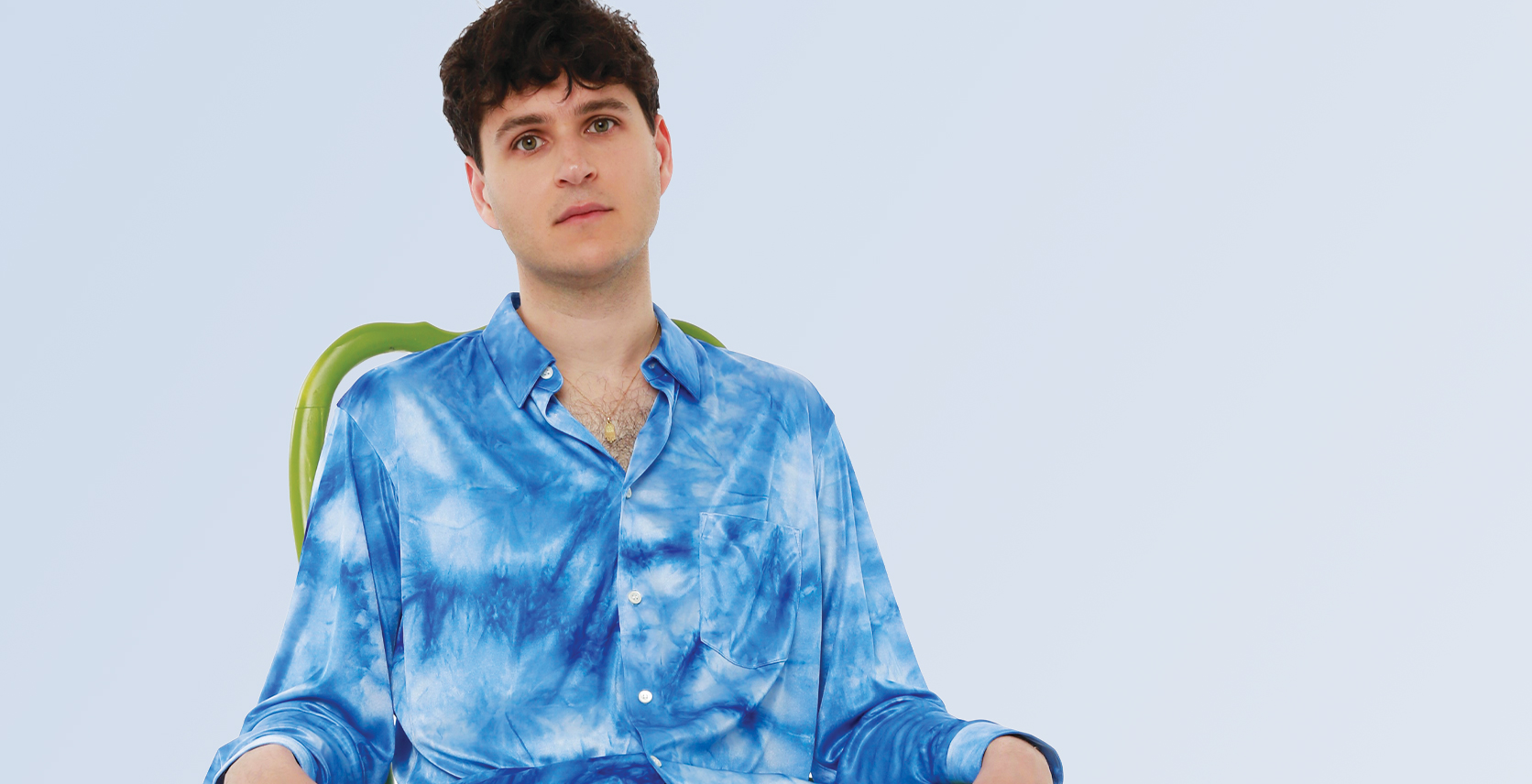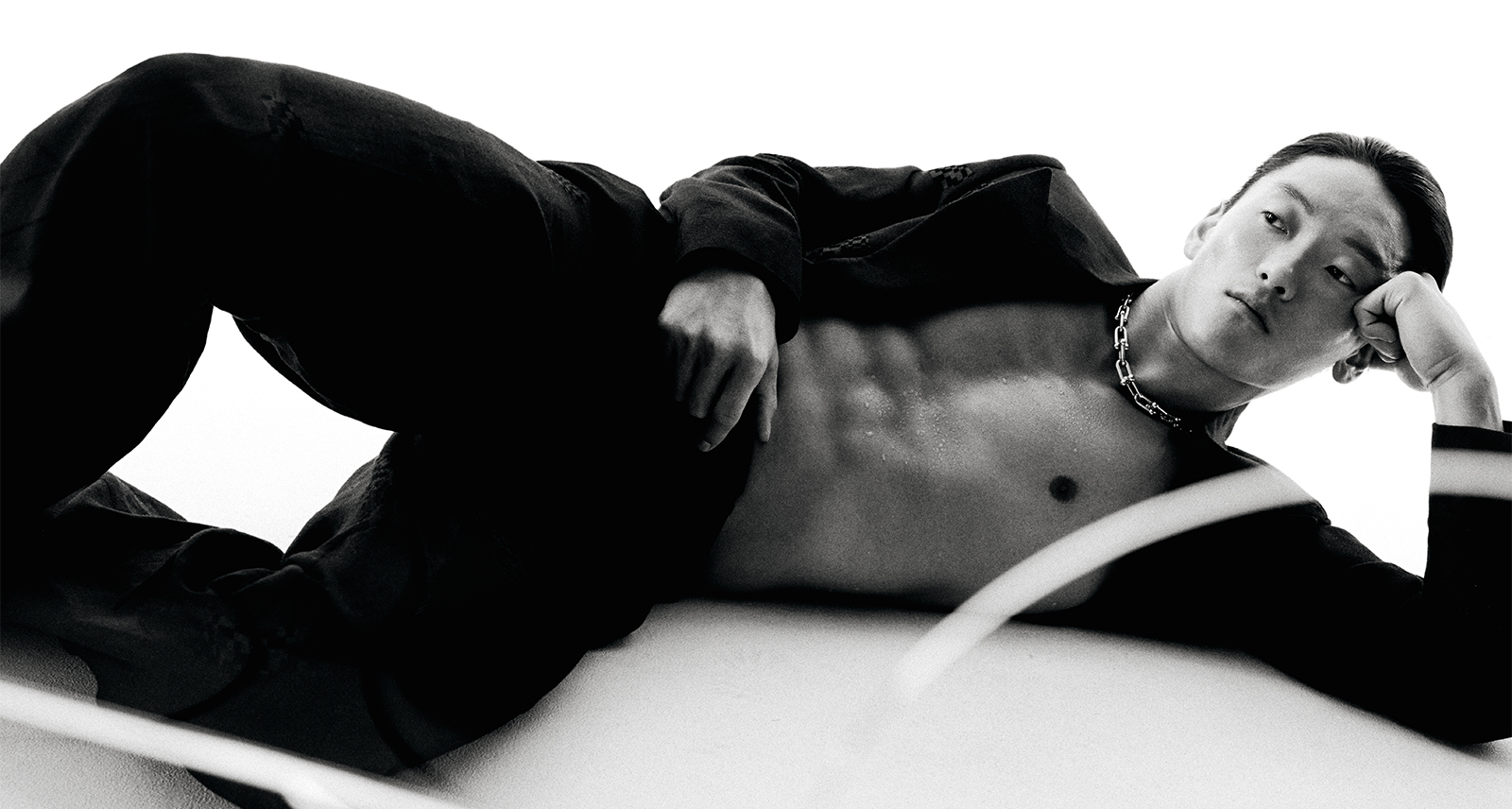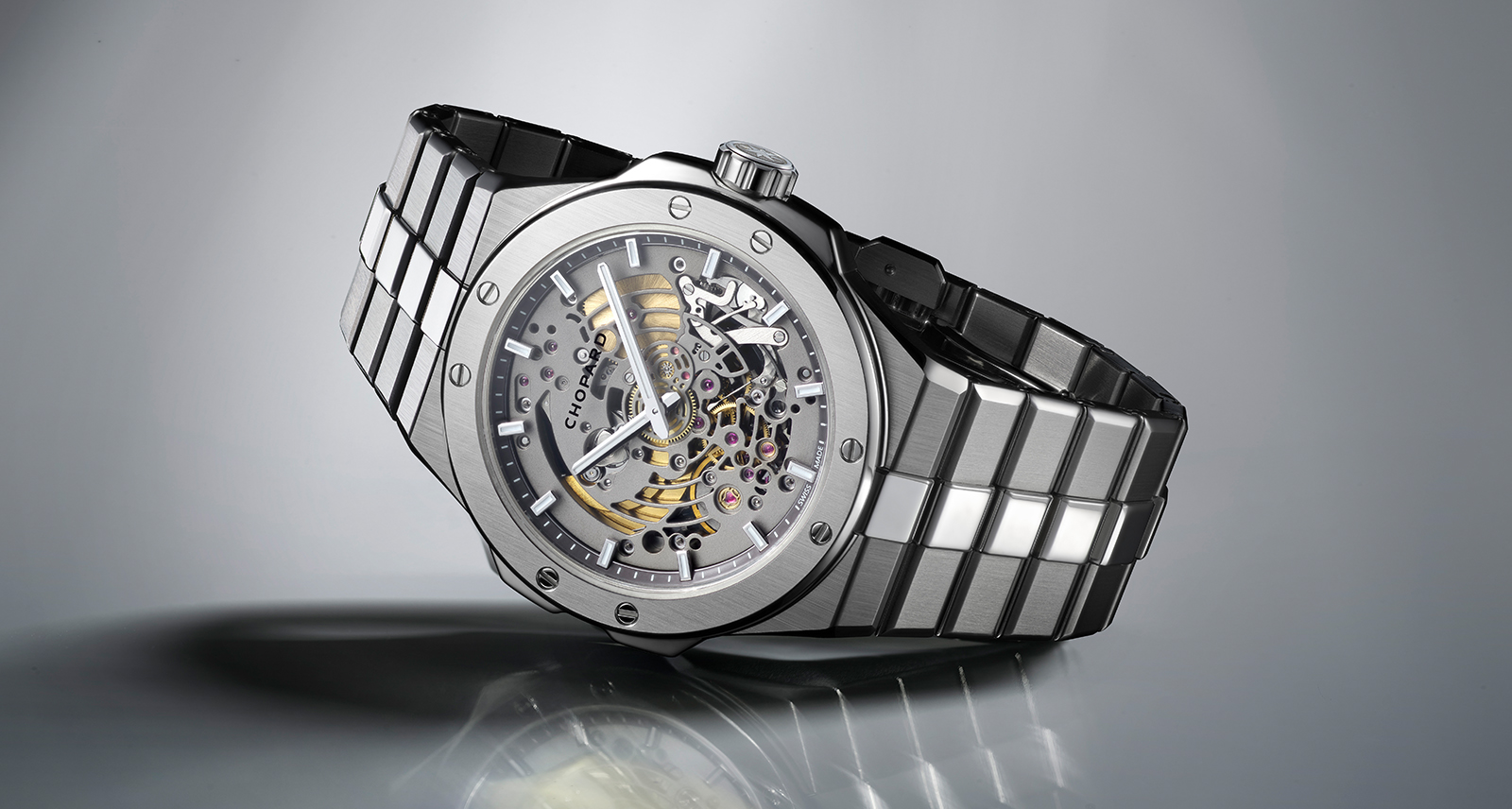Vampire Weekend’s Ezra Koenig on Hippie Values, Fatherhood, and Growing Up
In the six years between Vampire Weekend albums, Ezra Koenig managed to fit in quite a lot of life — a move to Los Angeles, a child with his partner, the actress Rashida Jones, not to mention creating a Netflix series, working with Kanye West and introducing Beyonce to the dulcet tones of the Yeah Yeah Yeahs. But for fans of his band’s arch, brainy indie anthems, perhaps the most important development was the 35-year-old’s devotion to a new musical god, one Jerome “Jerry” John Garcia. On Father of the Bride, the band’s fourth album and first without the full services of longtime collaborator Rostam Batmanglij, Vampire Weekend have traded their preppy, intellectual, minimalist approach for something, as Koenig puts it, “a little crunchier and shaggier.” Here, he explains how a fascination with nostalgia for political movements began a long strange trip from hipster to Deadhead.
Father of the Bride is a tribute, of sorts, to the jam band genre. Have you exchanged your boat shoes for Birkenstocks?
The song that we chose to lead with (“Harmony Hall”) gave people a bit of a talking point. I think the actual record goes a bit beyond that. Even going back to the first album, I’ve always been interested in exploring a feeling of nostalgia. But I never like to leave it at nostalgia. [On this record] I was referencing everything from the best to the worst of this thing called “Jam,” but what really interested me most about jam bands was beyond the way they play. I was interested in exploring my own memories of the ‘90s renewal of hippie values: the intersection of eco-awareness and music that seemed very powerful. I was thinking about Phish, Rusted Root…that ’90s jam band world and how much that was tied to the Save The Rainforest movement. As a kid that made a big impression on me. And then I had a realization that the fact that we can have nostalgia for the Save the Rainforest movement is insane because something that was literally an evergreen topic, don’t destroy the environment, got commodified and turned into restaurants. And even the fact that we can feel nostalgia for that is unnerving. That was a starting point for me with this album.
By your own admission, referencing Phish, Dave Matthews Band, or the Grateful Dead isn’t exactly what people expect from a “cool” band.
I’m a normal person. I can get into my head about wanting to be successful and wanting to make sure everybody likes what I do. But there’s also this element of fucking around that’s so built into the DNA of Vampire Weekend. Just looking at the vibe around us when we came out. With us there’s always got to be a bit of reaching for the reference that’s going to bother people. The same way that people will [get turned off by something sounding like] Paul Simon or ska. Jam bands and ska are literally the most hated genres but that’s the challenge.
So it’s not a post-modern or ironic thing?
There’s a tendency for our generation to talk about post-modernity and irony. Even irony poisoning. I understand in the era when everyone was talking about hipsters there was the question of what does this all mean — the way people dress and what they’re referencing — but then there’s also a place where post-post-post-modern or whatever ultimately just starts to intersect with just being a chill person.
I’ll admit that, as a listener, I only liked the Grateful Dead. I didn’t know anything else until recently but I’ve become fascinated by this whole world. The nostalgia of it. Examining what the aesthetics were — how they imprinted themselves on me when I was at summer camp. As an adult, I find there’s a generosity of spirit about that music that appeals to me way more than tastefulness or coolness, which is definitely not how I felt as a teenager or probably even as a person starting a band in my early twenties.
To use the hot language of the day, [jam bands] spark joy. And there’s a lot of tasteful shit that doesn’t spark joy to me.
Yet, the majority of the album is still quite world weary. The themes of environmentalism, Jewish identity, and tribalism loom large. Are you saying the hippie dream is dead?
Even going back to the first album we’ve been telling a very specific story. There’s always been a tension between individual and group identity. And maybe it’s been a tension in my own life — not just about my ethnic background or religion, it’s about being a person. The first album ends with “The Kids Don’t Stand a Chance.” I don’t like explaining songs too directly but, to me, it was about this uneasy feeling that I felt towards the end of college knowing that there was a sense of futility. Just knowing that a certain type of system was so powerful that it was going to win. That you hardly stood a chance against it, no matter what. I still feel that way a little bit but I try to be more optimistic. Even if you are against a rigged system, do your best while you’re losing.
That’s a fatalistic optimism.
When I get into political arguments with people in the centre or on the right about why this or that won’t work, my vibe is always I feel you, it might not work, but you’ve got to do the right thing. Even as the world’s ending. At least you’ll rest easier in your grave.










